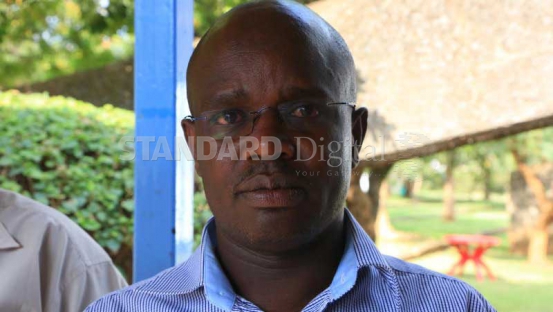×
The Standard e-Paper
Join Thousands Daily

University workers and lecturers have threatened to call another strike if the Government honours the Sh10 billion salary deal in two phases.
The workers’ unions said they will take to the streets starting July 1 if the pay rise is not implemented in one phase by the end of this month.